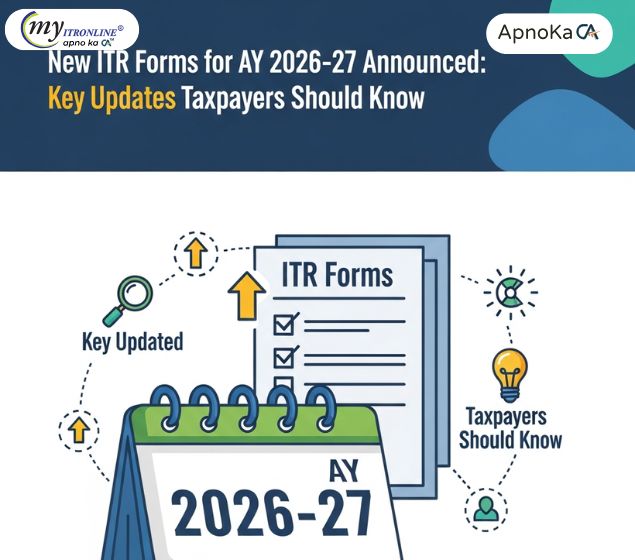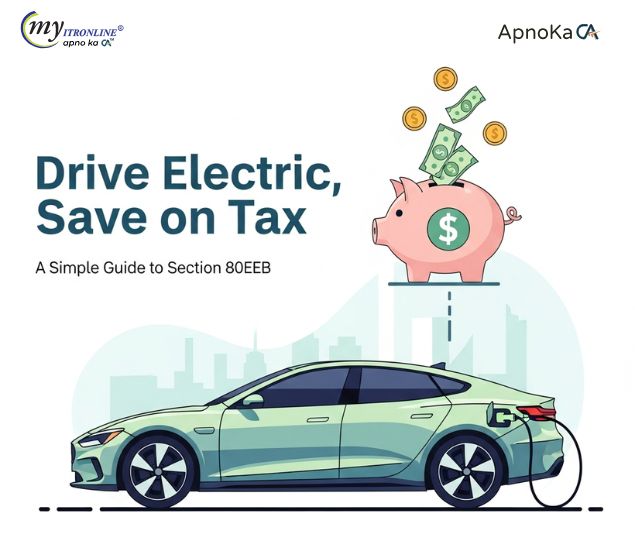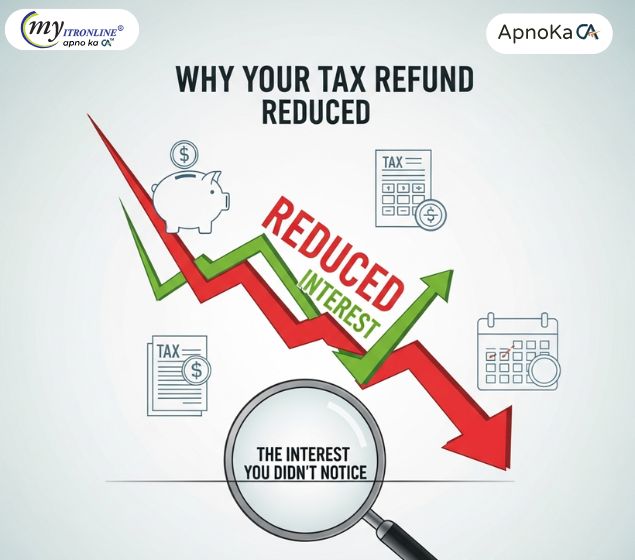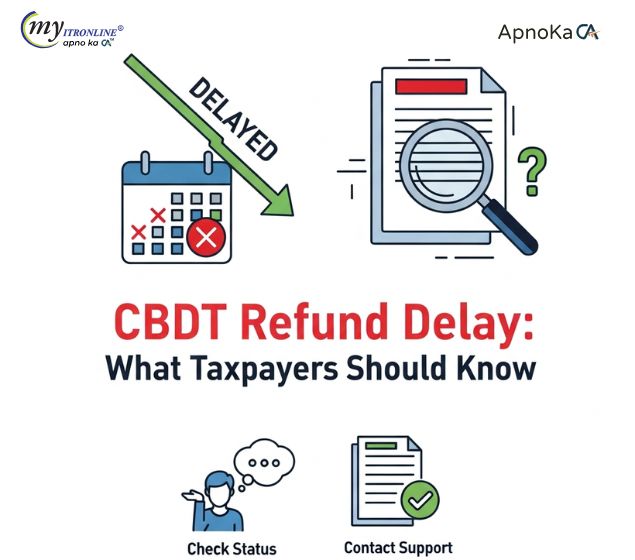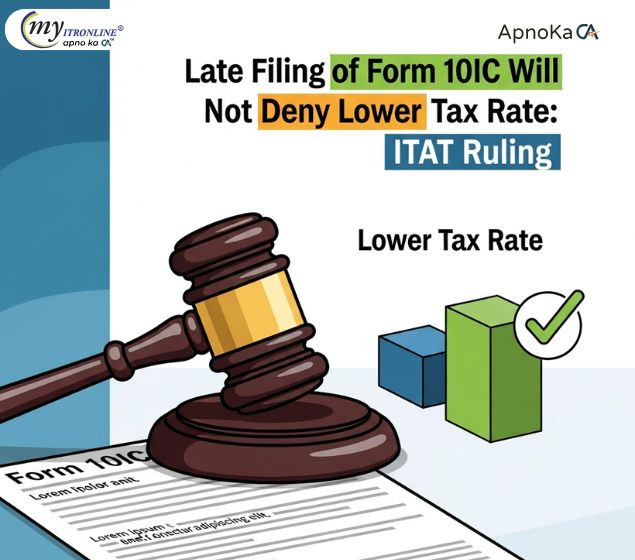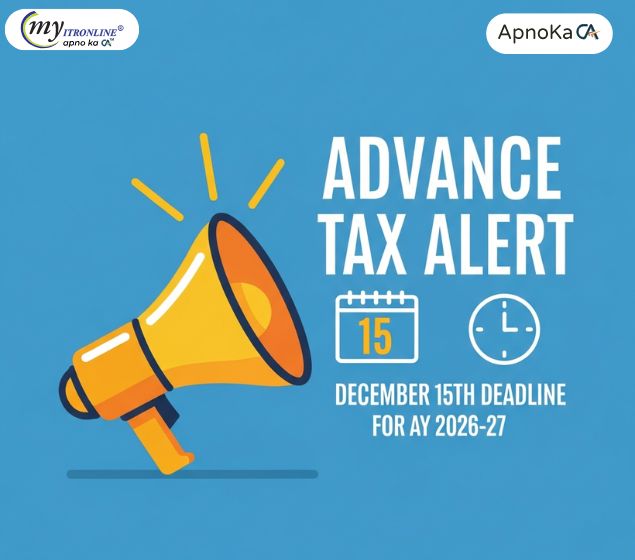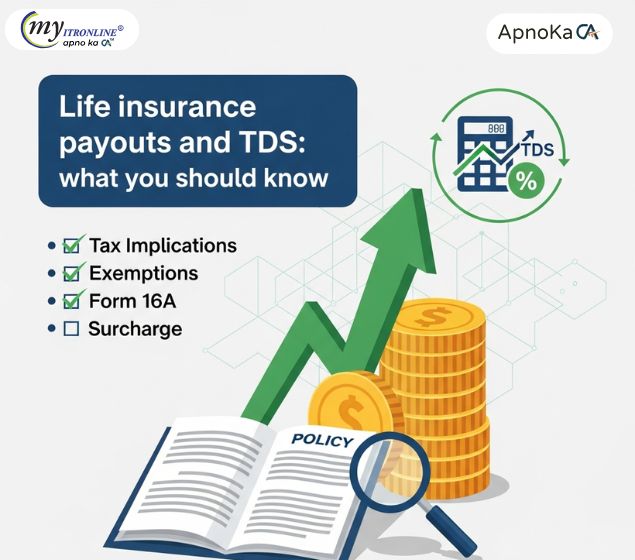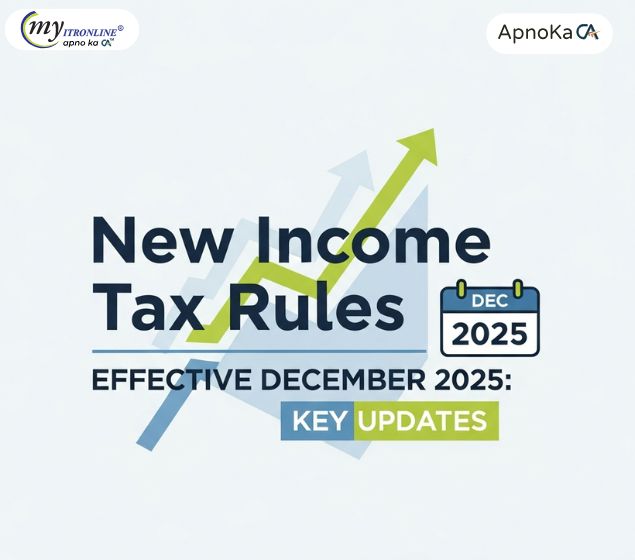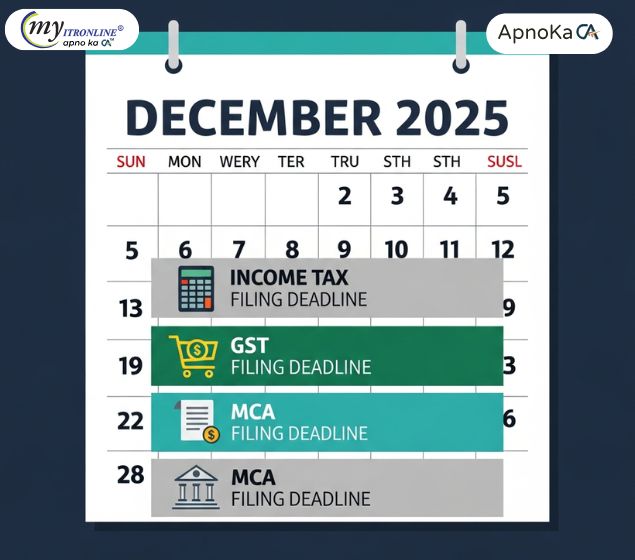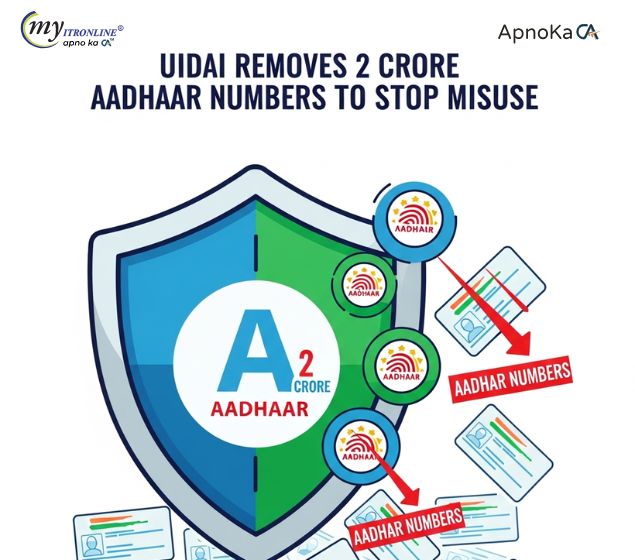Maximizing Tax Savings with Sections 80TTA and 80TTB: A Guide for Individuals and Senior Citizens
This blog post provides a comprehensive overview of Sections 80TTA and 80TTB of the Income Tax Act and their impact on income tax exemptions and deductions. It covers the key features of each section, including the deduction limits, eligible taxpayers, and the types of interest income that qualify. The post explains how individuals (other than senior citizens) and Hindu Undivided Families (HUFs) can claim a deduction of up to ₹10,000 on interest earned from savings accounts under Section 80TTA. It also highlights the higher deduction limit of up to ₹50,000 for resident senior citizens aged 60 and above under Section 80TTB.
Income Tax Deductions: Sections 80TTA and 80TTB
Sections 80TTA and 80TTB of the Income Tax Act offer valuable tax deductions to individuals and senior citizens respectively on interest earned from savings and deposit accounts. These sections aim to encourage savings and provide tax relief to taxpayers, especially those who depend on interest income for their expenses.
Section 80TTA: Tax Deduction on Savings Account Interest
Section 80TTA allows individuals (other than senior citizens) and Hindu Undivided Families (HUFs) to claim a deduction of up to ₹10,000 on interest earned from savings accounts held with banks, post offices, or cooperative societies.
Key features of Section 80TTA:
- Applicable to individuals and HUFs (except senior citizens)
- Deduction limit: Up to ₹10,000 per year on interest from savings accounts
- Interest from fixed deposits, recurring deposits, and other term deposits does not qualify
- Not available to Non-Resident Indians (NRIs)
Example: If your total income is ₹5,00,000 and you earn ₹12,000 interest from your savings account, you can claim a deduction of ₹10,000 under Section 80TTA, effectively reducing your taxable income to ₹4,90,000.
Section 80TTB: Tax Deduction for Senior Citizens on Interest Income
Section 80TTB, introduced in the Finance Act 2018, offers a higher deduction limit for senior citizens on interest earned from various deposit accounts. Under this section, resident individuals aged 60 years or above can claim a deduction of up to ₹50,000 on interest income.
Key features of Section 80TTB:
- Applicable only to resident senior citizens aged 60 years or above
- Deduction limit: Up to ₹50,000 per year on interest from savings accounts, fixed deposits, recurring deposits, and post office deposits
- Interest from bonds, shares, and mutual funds does not qualify
- Not available to Non-Resident Indians (NRIs)
Example: If a senior citizen earns ₹60,000 interest from various deposits, they can claim a deduction of ₹50,000 under Section 80TTB, reducing their taxable income to ₹10,000.
Claiming Deductions under Sections 80TTA and 80TTB
To claim deductions under these sections, you need to provide relevant documents such as bank statements, interest certificates, and proof of age (for senior citizens) while filing your income tax return (ITR).
It is important to note that the deduction under Section 80TTA or 80TTB is available only if you file your ITR and claim the deduction. Failure to do so may result in the loss of the tax benefit.
Impact on Overall Tax Savings
Sections 80TTA and 80TTB can significantly impact your overall tax savings and planning. By claiming these deductions, you can reduce your taxable income and pay lower taxes, thereby maximizing your post-tax returns on your savings and deposits.
However, it is crucial to understand the limitations and exceptions of these sections. For example, interest earned from sources other than savings and deposit accounts does not qualify for the deductions. Additionally, senior citizens cannot claim deductions under Section 80TTB for interest earned on investments like company fixed deposits, NCDs, or bonds.
Conclusion
Sections 80TTA and 80TTB are valuable tools for individuals and senior citizens to save on their income taxes. By claiming the deductions under these sections, you can reduce your taxable income and pay lower taxes, ultimately boosting your savings and investments.
It is advisable to consult with a our tax professional or financial advisor to understand the specific implications of these sections on your tax planning and to ensure that you are claiming the deductions correctly while filing your ITR.
FILING YOUR INCOME TAX RETURN F.Y 2024-25 (A.Y. 2025-2026) WITH MYITRONLINE
The income tax filing deadline is right around the corner. If you haven’t filed yet, do it today with Myitronline! Avoid last minute rush and file your tax return today on MYITRONLINE in Just 5 mins.(www.myitronline.com)
If you are looking for eCA assistance to file your income tax return/ GST, you can opt for MYITRONLINE eCA assisted plan starting
Upload Salary Individual Form-16
If you have any questions with filing your tax return, please reply to this mail. info@myitronline.com OR call 9971055886,8130309886.
Note-All the aforementioned information in the article is taken from authentic resources and has been published after moderation. Any change in the information other than fact must be believed as a human error. For queries mail us at marketing@myitronline.com
Krishna Gopal Varshney
An editor at apnokacaKrishna Gopal Varshney, Founder & CEO of Myitronline Global Services Private Limited at Delhi. A dedicated and tireless Expert Service Provider for the clients seeking tax filing assistance and all other essential requirements associated with Business/Professional establishment. Connect to us and let us give the Best Support to make you a Success. Visit our website for latest Business News and IT Updates.
Leave a reply
Your email address will not be published. Required fields are marked *Share this article
Krishna Gopal Varshney, Founder & CEO of Myitronline Global Services Private Limited at Delhi. A dedicated and tireless Expert Service Provider for the clients seeking tax filing assistance and all other essential requirements associated with Business/Professional establishment. Connect to us and let us give the Best Support to make you a Success. Visit our website for latest Business News and IT Updates.
View articles









